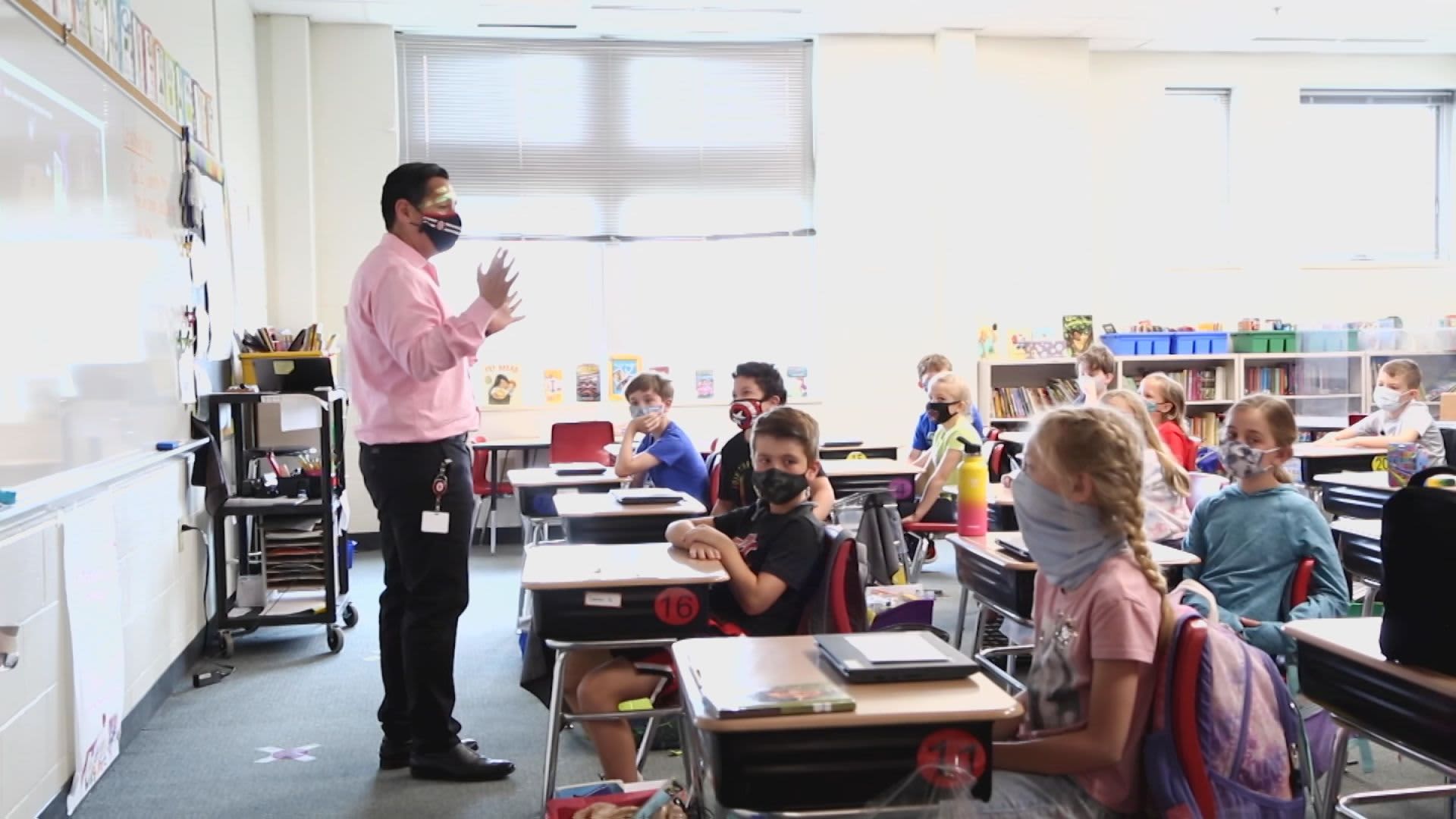There’s been an extra push to get personal finance education into high schools across the country this year, following the coronavirus pandemic.
So far in 2021, 25 states in the U.S. have introduced legislation that would add personal finance education to their high school curriculum, according to Next Gen Personal Finance’s bill tracker.
Bills in Arkansas, Hawaii and Nebraska have been passed this year and signed into law. Bills in four more states — Colorado, Nevada, Rhode Island and Texas — have passed and are awaiting governors’ signatures.
“In recent years, I haven’t seen this many [bills] that have been significant and that have made it to the governor’s desk,” said Tim Ranzetta, founder of Next Gen Personal Finance, a personal finance education non-profit.
More from Invest in You:
How to boost your credit score and get a low mortgage rate
Young military families tap veteran benefits to buy homes
Doing some post-pandemic spending? Make these money moves
Personal finance education in the U.S.
Seven states — Virginia, Alabama, Tennessee, Missouri, Utah, North Carolina and Mississippi — have what Next Gen Personal Finance refers to as the gold standard of personal finance education: a standalone half-semester course that focuses on only personal finance. Beyond that, some 21 states require some personal finance education, but say it can be incorporated into another course.
If all the bills proposed this year pass, Nebraska and Rhode Island would join the gold ranks. Texas’ bill is close — it doesn’t require that the personal finance education be in a standalone course.
The pandemic impact
The coronavirus pandemic has most certainly played a part in shining a light on the importance of personal finance education, due to the economic impact it had on the U.S.
In the last year, shutdowns to curb the spread of Covid-19 led to millions of Americans losing jobs or having hours and income cut, putting a significant strain on household finances. Even as the U.S. reopens and vaccinations tick up, it may take years for those that were hit the hardest to recover, especially if they fell behind on bills and rent during the pandemic.
“There’s a sense that some folks are being left behind, and the pandemic kind of exacerbated some of those structural issues,” said Ranzetta. “And while financial education isn’t the silver bullet, or isn’t the panacea for those issues, it’s an important skill for young people to develop.”
This mirrors what happened about a decade ago, after the financial crisis. The states that were first to guarantee personal finance courses in high school started their mandates following the Great Recession, according to Ranzetta.
What’s next
Of course, introducing a bill is just one step towards improving access to personal finance education. It can take months or even years for bills introduced in state legislature to make it to the governor’s desk for signature. And, it’s possible that some of the bills introduced this year won’t make it that far, if they don’t have the necessary support.
In addition, all bills are not created equal, and the devil is in the details, according to Ranzetta. Beyond the bill’s passage, how it’s implemented in schools and what support is given to teachers charged with leading the classes is important.
“The success of implementation relies on the teacher being highly qualified and competent to teach the course,” he said.
But overall, the uptick in legislation introduced is a good sign of things to come.
“I don’t want to jinx things, but by all indications there’s several states where you’re going to see a significant increase in students getting access to financial education,” said Ranzetta.
SIGN UP: Money 101 is an 8-week learning course to financial freedom, delivered weekly to your inbox.
CHECK OUT: How to make money with creative side hustles, from people who earn thousands on sites like Etsy and Twitch via Grow with Acorns+CNBC.
Disclosure: NBCUniversal and Comcast Ventures are investors in Acorns.
